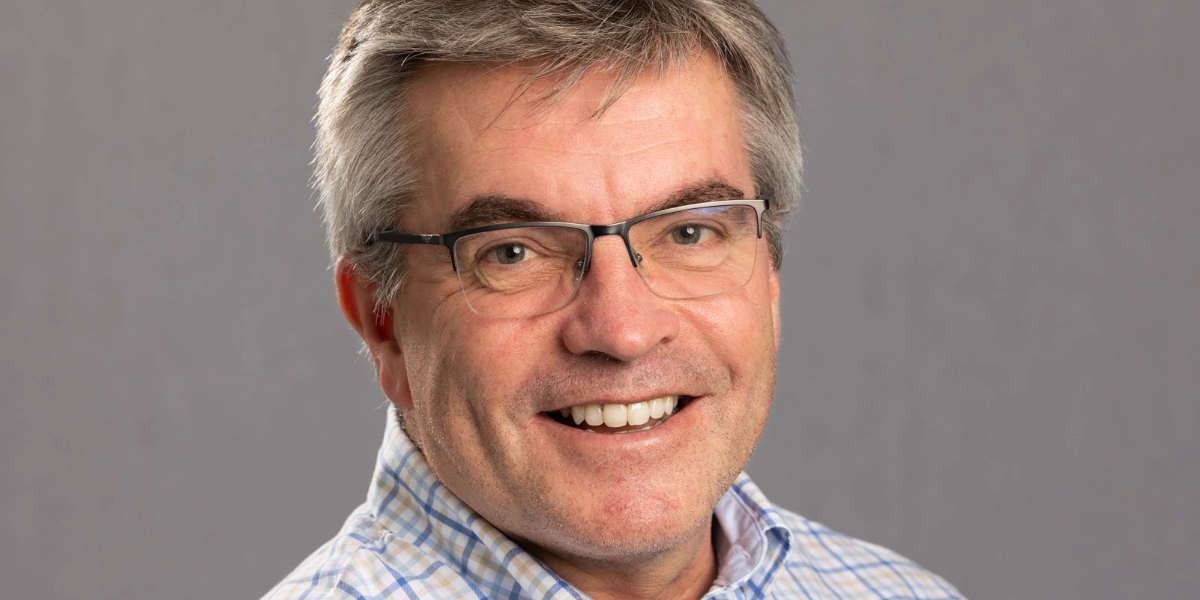Health practitioners and organisations in New England can now apply for grants of up to $50,000 to support doctor recruitment and retention and boost health services.
The Australian College of Rural and Remote Medicine grants are available for community-driven projects that directly improve support for doctors and the delivery of local health care. ACRRM President, and Armidale GP, Dr Rod Martin says the grants, which total $2 million, are all about empowering local communities to shape the future of rural healthcare.
“People living outside the urban footprint know best what their communities need,” Dr Martin says.
“This grant recognises that knowledge and provides real support to help build and strengthen the medical workforce they need.
“We want to see more RGs living and working in rural, remote and First Nations locations long-term, and we know that community support is a huge part of making that happen.”
Dr Maree Puxty, Associate Professor at the University of New England School of Rural Medicine, said news of the grants has been well received within the New England community.
“This is a positive thing ACRRM has undertaken. The $50,000 is a reasonable amount of money to get things started,” she said.
“It’s also fantastic that it’s very specific for rural and remote communities, and that it’s not just for health practitioners – it’s very much something community groups could apply for as well.
“From the University of New England perspective, we certainly are thinking about potential opportunities to apply for funding.”
With a deadline of 1 October, health practitioners and community groups have enough time to prepare funding applications for activities to better support the recruitment and retention of doctors, Dr Puxty said.
Whether through programs to improve childcare, attract more rural doctors or find suitable accommodation, the parameters to apply for grants are also broad, she said.
The RACGP has also pledged to lift registrar numbers in the New England region by adding Armidale to an “incentivised list” of designated areas needing doctors. This means registrars will receive financial incentives to complete their training in the region. The RACGP has also increased financial incentive for registrars to train in Moree, Wee Waa, and Glen Innes.
President of the Royal Australian College of General Practitioners, Dr Michael Wright, said any measures to boost general practice care in regional areas are welcomed.
“Grants and extra layers of support can make such a difference to practices outside of major cities, and with towns across the nation facing the prospect of sole practices closing their doors for good with no one to replace them, the time to act is now,” he said.
Dr Puxty puts the issue of GP shortages in New England down to “a perfect storm of multiple issues” from geography to the fact many junior doctors train in cities, lay down roots and are reluctant to move.
“It’s the fact that Medicare is probably not fit for purpose a lot of the time,” she said.
“It’s the fact that primary care has not been appropriately remunerated for quite a long time. It’s the fact that GPs who work in more rural environments probably need a different skill set to a lot of urban GPs. So people are a bit concerned about that.
“It’s the fact that most medical students are of urban origin, and so moving to the country is not something that they would normally think about.”
Don’t miss any of the important stories from around the region. Subscribe to our email list.

